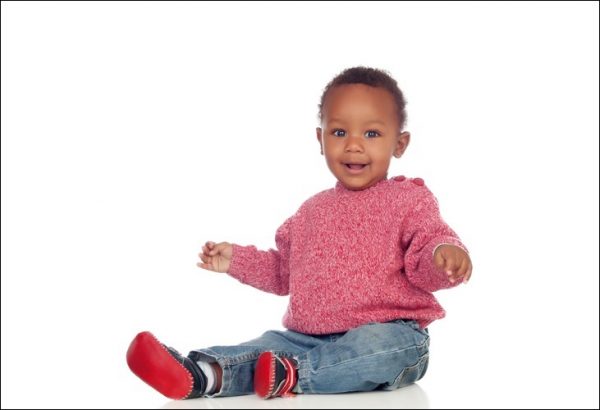You’ve cradled, cuddled and lovingly cared for your precious infant so much that not just anyone or anything was permitted to come into close contact. Even lost count of the number of times you had to feed, change diapers and hold them until they were completely satisfied. And who can forget the emotional and physical roller coaster experience, at the slightest sign of a fever, teething or vomiting?
Let’s face it, caring for a newborn is much harder than the actual pregnancy. The fetus is now a living being and requires 24/7 care. The baby’s needs supersede everyone else’s and can’t help but keep mom on her feet. More so, you feel no one can care for your infant, the way you would, and that’s understandable. But if you intend returning to work, perhaps you might need to rethink this honest opinion.
Yet you’re swamped by daunting and mind-boggling questions such as ‘who can, or is good enough to look after my bundle of joy?’ ‘How would they tell if she is unwell?’ ‘Will they give him their undivided attention or leave her to cry tirelessly in dirty diapers?’
These thoughts are quite discouraging, and my heart goes out to the new moms. But it’s not always as bad as it seems plus the temporary separation can be beneficial to both mother and baby.
So to calm those nerves, you can and will get through this. However, there might be a few snags but everything will eventually fall into place, and soon, you’ll both get the hang of it. Here are four options to consider when choosing child care.
A Nanny
A nanny is typically a woman employed to look after an infant in its own home. Although, few men are equally good at this job. Nannies must be literate and first aid certified, should any medical emergency arise. If you and your spouse have demanding jobs which require an early start, then this option might be ideal as it also offers some flexibility. However, they are quite expensive and not in the same category as a house-help.
A Childminder
A childminder, on the other hand, is quite similar to a nanny but not as expensive. However, care is provided in the minder’s home but most, are parents themselves. They may have other children of mixed age groups, which is not so much of a bad thing. Your infant certainly won’t be bored as he or she will be stimulated by the laughter, mannerisms and cry from other children.
The childminding arrangement usually provides a family friendly service which most parents value. But it’s not without few cons. You will need to have backup childcare if the minder falls ill or takes a holiday. Also, your child is unlikely to receive preferential treatment over other kids.
The Day Nursery
The day nursery is a purpose-built facility or center that looks after children from birth to five years. They could be quite pricey if you have a set of twins or more. All the same, it does have some impressive advantages.
Typically open from 8 am to 6 pm and mostly all year round, qualified staff who periodically receive training. A regulatory authority routinely supervises the employees, inspects services and the center, which is imperative for the welfare and safety of the children. Still, there are few issues to bear in mind.
Should your child take ill, you will need to keep them at home for at least 48 hours to minimize the risk to other children. Like everything in life, change is constant. The fees do increase significantly, so there’s no room for haggling.
The Traditional Care
This type of care has been an all-time favorite within the African setting. The caregiver is usually a relative, preferably mother or mother-in-law or most times, a house-help. Grandma usually knows best so her input might be quite reassuring, but it’s worth taking into account the following.
Your mom or mother-in-law might not be as fit as you think and could have her own way of doing things, so diplomacy and patience are essential. Be reasonable with your expectations and appreciate her efforts. She’s human.
The house-help is another option, even so, this has one too many drawbacks. I’m sorry, but that’s a not-so-pleasant story for another day.
Therefore, whatever type of childcare you both decide to choose, you must be comfortable with the decision and also ensure its right for the child.


